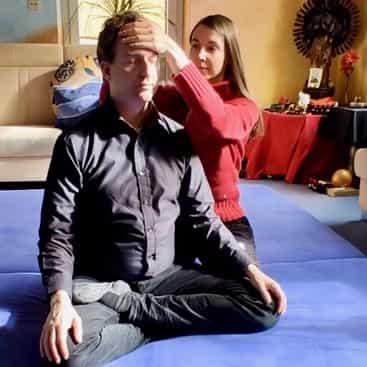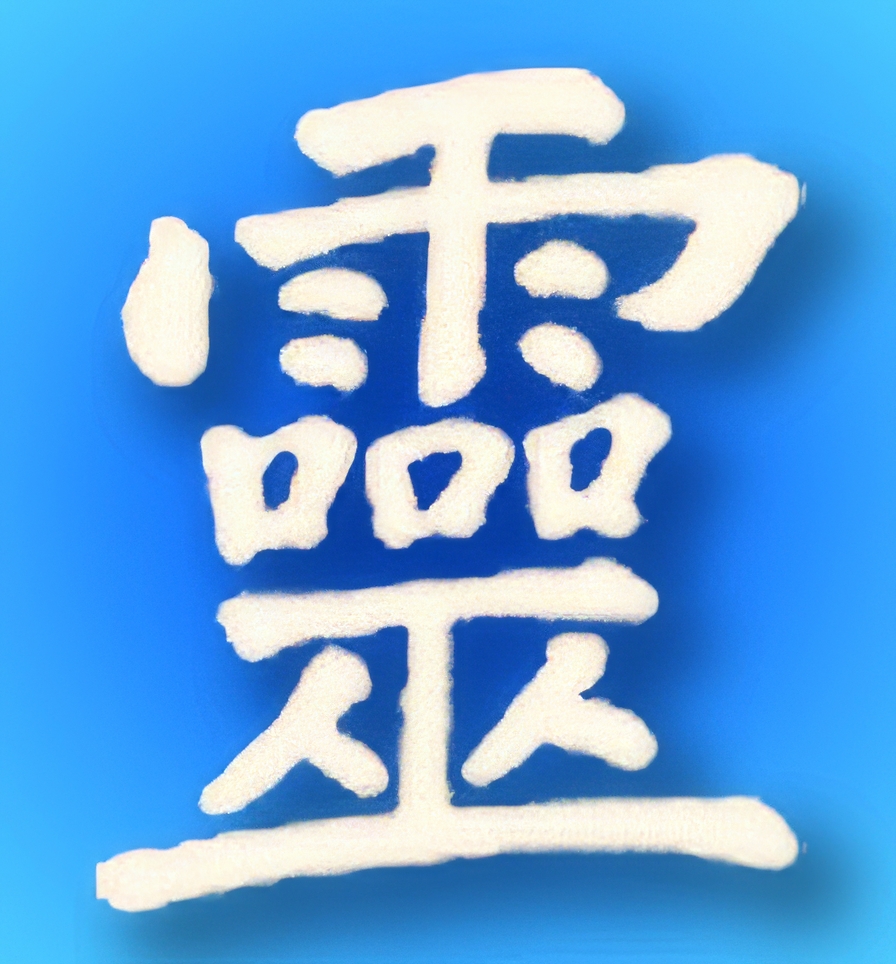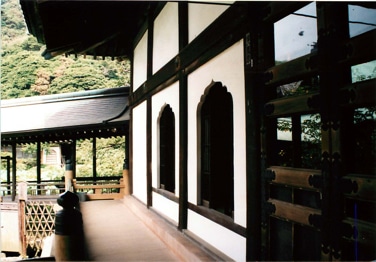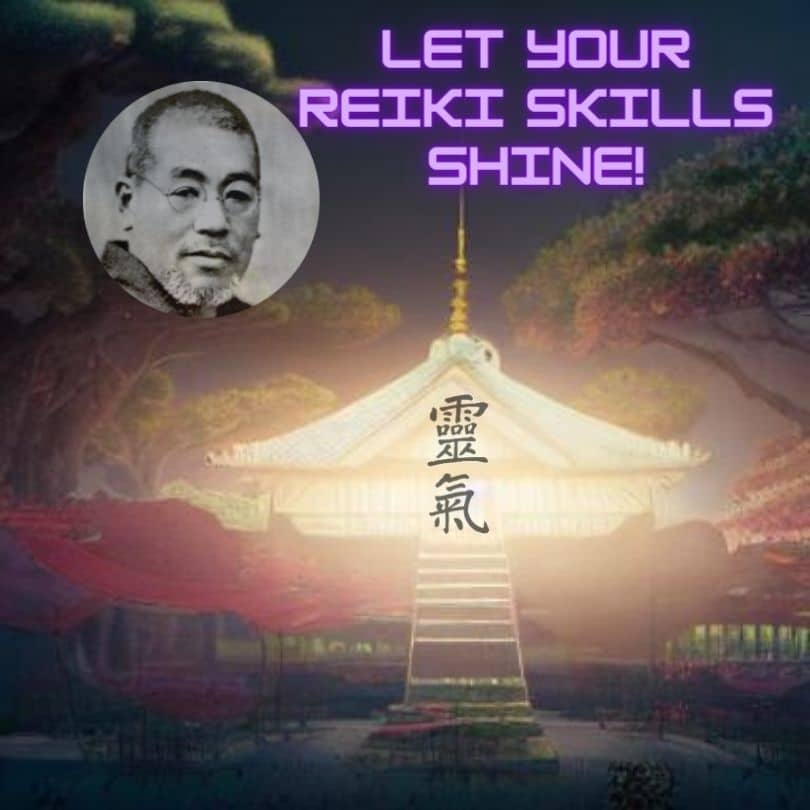In this article I will show you how Reiki and TCM – Traditional Chinese Medicine – can complement each other and what the differences are.
How I came to TCM
Between 2015 and 2021, I studied Qigong and TCM intensively with a Chinese Grandmaster. I compared these new findings with the Reiki healing method and tried out a few things. In the process, I came up with some astonishing correlations and results. The only thing that gave me a bit of a headache was the seemingly complicated meridian point system. Then, as I prepared for the final exam, I found that memorization wasn’t really my thing. Thus, I developed a system of understanding TCM fundamentals that I could use to build content without memorization with in the exam. This is still the basis for the event Reiki and Traditional Chinese Medicine Basics.
Reiki and TCM basics
In Reiki and TCM you will learn how to combine these two methods in Reiki applications in a meaningful way. This will greatly expand your Reiki skills in theory and practice. You don’t need any previous knowledge of Traditional Chinese Medicine for the event, only the 2nd degree Shingon Reiki or Usui Reiki.
At first glance, Reiki and TCM are two completely different systems. In this event you will learn about the differences and similarities between these two holistic methods. I will also show you how to combine the benefits of Reiki and TCM in a way that opens up completely new possibilities for your Reiki practice.
Contents from the event Reiki and TCM
- The interplay of yin and yang
- The five phases/elements
- The organ clock
- The meridian system
- Important acupuncture points
The event consists of a theoretical and practical part. First, you will receive an introduction to the basics of TCM. This includes the philosophy as well as magical-shamanic concepts of Daoism. During this exciting journey we always keep in mind the reference to the Reiki method.
The world view of TCM
We begin with Yin and Yang, which in the worldview of Daoism are the fundamental energetic forces of the universe. Accordingly, they also play an important role in TCM: if they are in balance, we are fine; if there are imbalances, this can disturb our well-being on a mental, emotional and physical level.
We also take a closer look at the five phases of change, also known as the five elements, and the organ clock. Finally, we move on to the practical part by familiarizing ourselves with the meridian system and important acupuncture points.
You’ll also get a glimpse into my personal story and how I conceived this extraordinary event (some would describe it as downright nerdy, it’s far from the Reiki mainstream anyway). By this time I had 20 years of experience in Reiki applications and 15 years as a Reiki instructor.
Reiki easy – TCM hard to learn?
Reiki has the reputation of being easy to learn, while TCM is considered demanding and difficult.
As a creative person, I do not believe in cramming and stubborn memorization, so I have developed a system with which you can easily learn the basics of TCM and successfully integrate them into your Reiki practice.
We will practice this in detail in the practical part, for example by using Reiki hand positions and mental healing for meridians and acupuncture points. You are welcome to choose meridians and acupuncture points for your individual issues. In feedback rounds we will exchange experiences with the exercises and I will be happy to give you further tips so that you can immediately apply the knowledge from the event in a very targeted and safe way.
If you are interested in Reiki and TCM or Daoism and want to improve your well-being with this combination or use Reiki professionally. and would like to further your training, this event is just right for you.
To get the most out of the content of this event, you will need 2nd degree Shingon or Usui Reiki. All styles of Reiki are welcome!
Do we see each other in Reiki and TCM basics?
Here you can register for the online event.

Reiki and TCM
Live on May 13 with Mark
Learn to use Reiki with Yin and Yang and the transformational phases of the five elements in harmony to enhance your health and physical well-being.
More info


